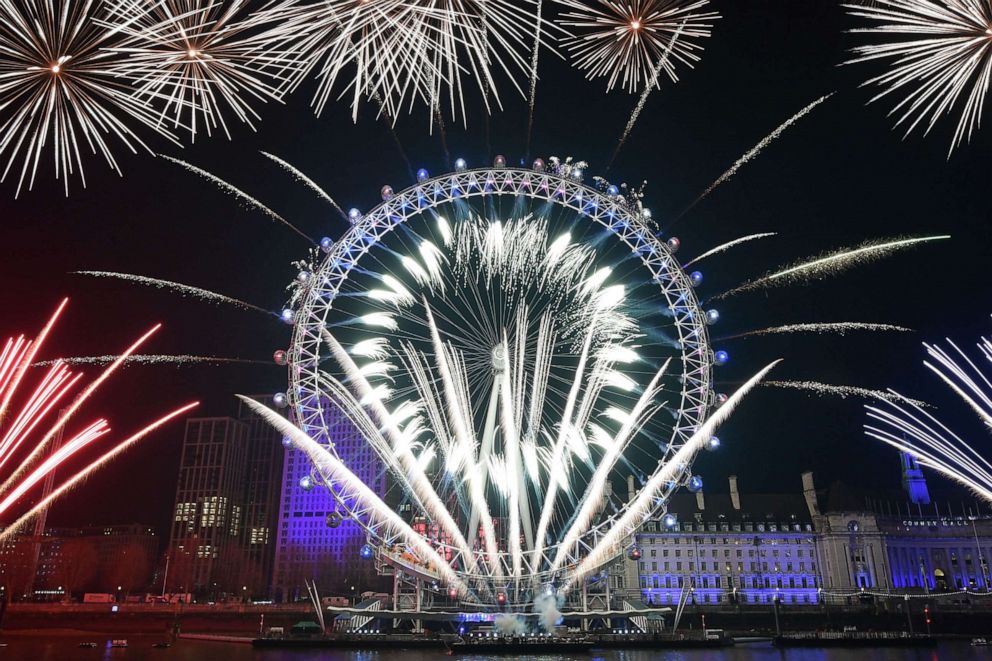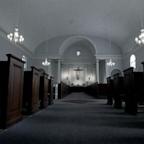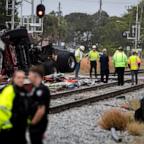Israel goes on its 2nd lockdown as Jewish High Holidays begin
Israel's second COVID-19 lockdown started on Friday as the Jewish High Holidays began.
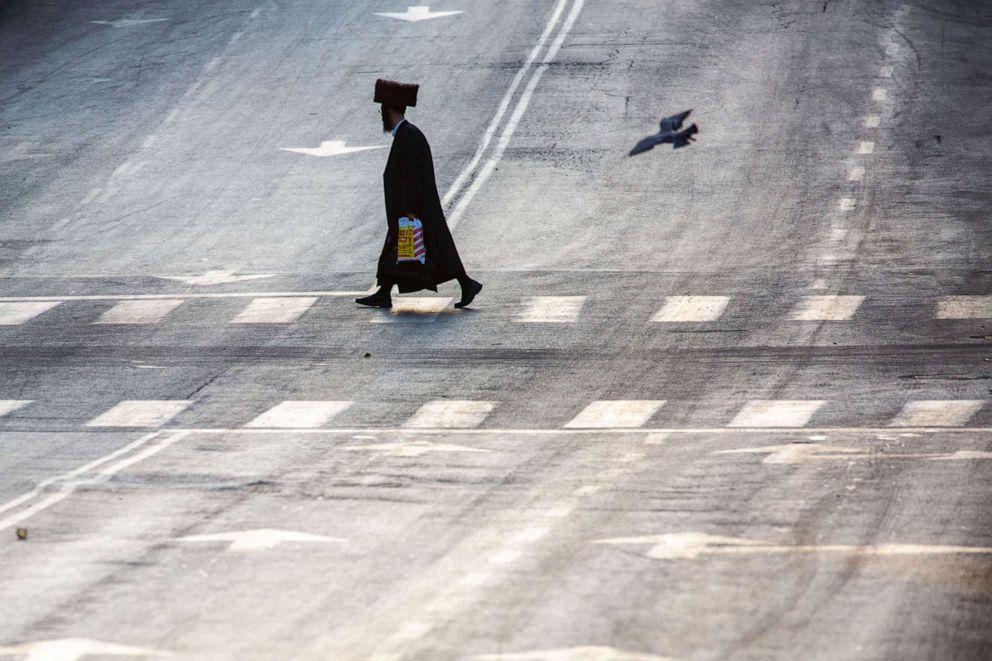
The lockdown, which will last for three weeks, went into effect at 2 p.m. local time. Rosh Hashanah, the Jewish new year, begins Friday night, and is typically a time for family gatherings.
Supermarkets and pharmacies will stay open during the lockdown but schools and nonessential businesses will close.
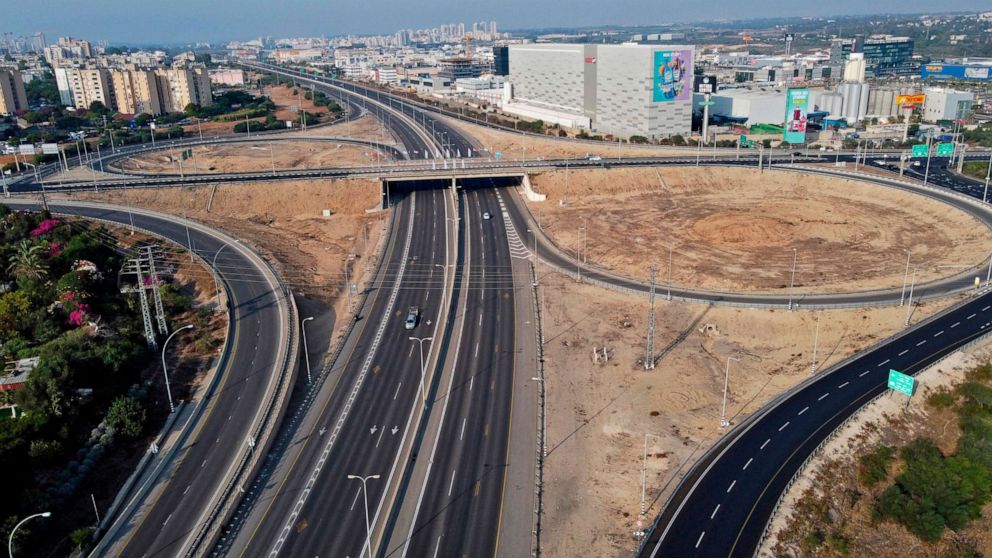
Synagogues can stay open but there are strict rules as to how many worshippers can go inside at one time. Ten days after Rosh Hashanah is Yom Kippur; attending synagogue is an important part of both holidays.
Israel has over 179,000 people diagnosed with COVID-19. At least 1,196 people have died, according to Johns Hopkins data.
Israel's first nationwide pandemic lockdown ended in May.


